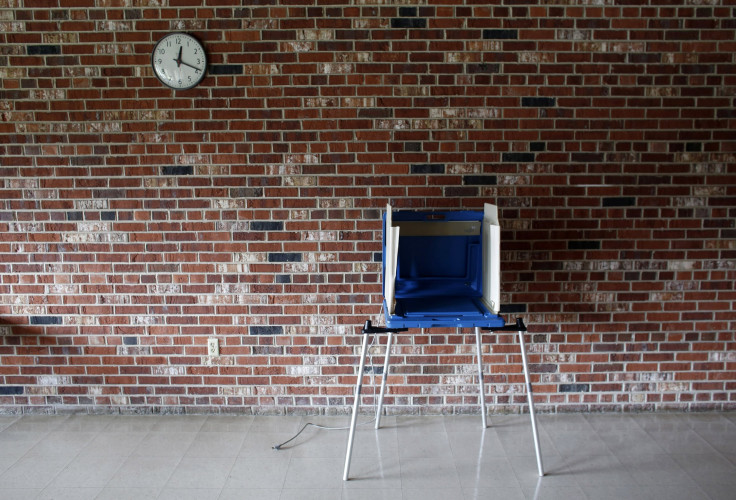San Francisco Voting Age Changes: Proposal Allowing 16- And 17-Year-Olds To Vote Tabled Until 2016 Ballot

A proposal that would have made San Francisco the first major city in the United States to allow 16- and 17-year-olds to vote has been tabled until next year. At a special hearing Monday night, supervisor John Avalos postponed voting on the charter amendment, which would only lower the voting age for local elections, the San Francisco Chronicle reported. “We need more time to discuss this with young people and the public in general," Avalos said.
In order to put a question about the charter amendment on the city's November 2015 ballot, as planned, he needed the support of six of the 11 supervisors on the rules committee. But not all the committee members were present Monday, and at least one supervisor was undecided on the issue, the San Francisco Examiner reported.
However, Avalos and his backers made it clear they are not giving up. If anything, the ballot initiative could see more support because more people will come out to vote in 2016, he told the Chronicle. Next year also has elections for some seats on the school board and city college board, which could be more relevant to young voters' interests. Between now and November 2016, Avalos said he planned to meet with people -- possibly at a local high school -- to discuss the measure.
Avalos introduced the controversial proposal in March, citing increased civic engagement and the chance to let teenagers form voting habits early. Some leaders have criticized the plan as an attempt by liberal politicians to get more votes. Others, such as the city's Youth Commission, praised the measure for tackling decreasing voter turnout. "We think everyone wins when more people participate in the democratic process," Director Adele Failes-Carpenter told the Examiner in January.
Avalos' idea wasn't unprecedented: Two cities in Maryland -- Takoma Park and Hyattsville -- have both lowered their voting ages from 18 to 16, according to previous International Business Times reports. The practice is also accepted abroad in places such as Austria and Brazil.
© Copyright IBTimes 2024. All rights reserved.





















